Aussies brace for $170-a-week bill hike as cost of living pressures loom
Aussies will fork out more for essentials and less on presents in the lead-up to Christmas as the cost of living crisis bites.
Australians are gearing up for price hikes on essential spending with cost of living pressures looming as we count down until Christmas.
Consumers are expecting to spend an extra $170 a week just on essential costs like groceries, fuel and bills as inflation bites, according to NAB‘s Consumer Sentiment Survey.
This will add up to a whopping $2040 extra before Christmas.
The highest anticipated rise in costs is to gas, electricity, and water bills, with those surveyed anticipating a rise of $76 per week.
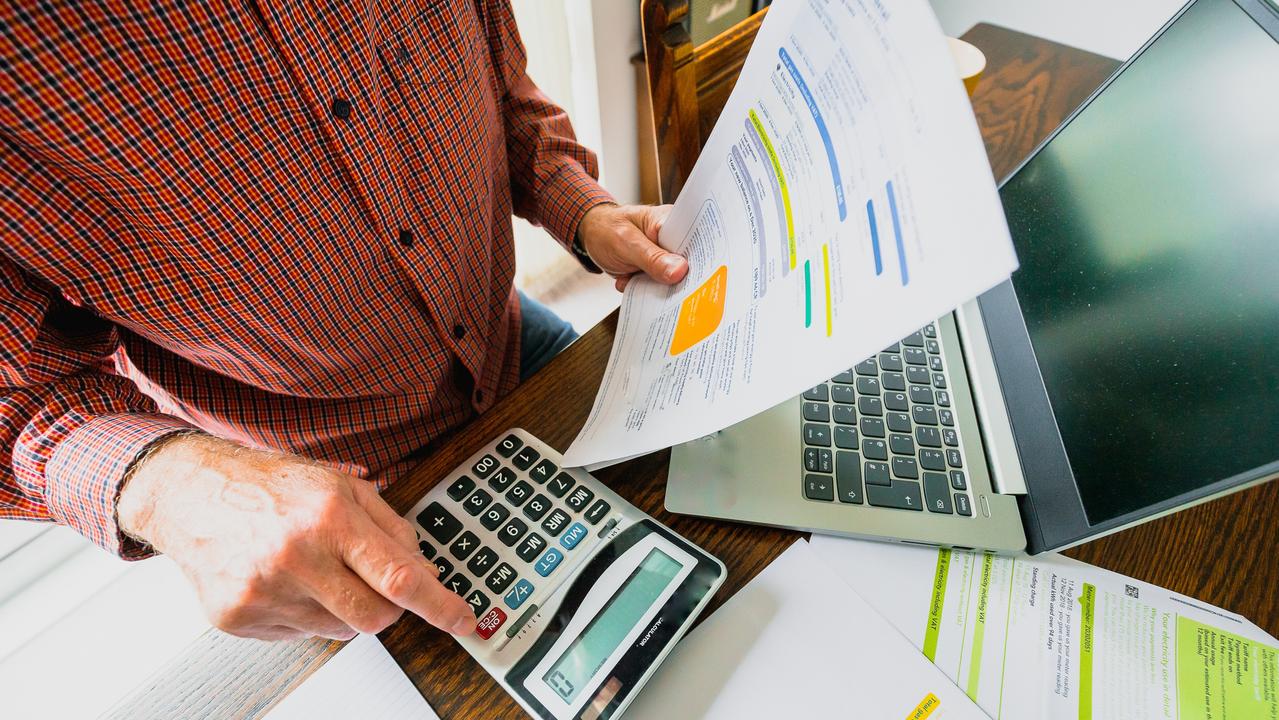
That‘s followed by an anticipated rise in grocery spending, with an estimated $59 expected to be whacked onto the supermarket bill.
Costs for food and non-alcoholic beverages have jumped by 5.9 per cent in the year to June, according to the latest consumer price index figures.
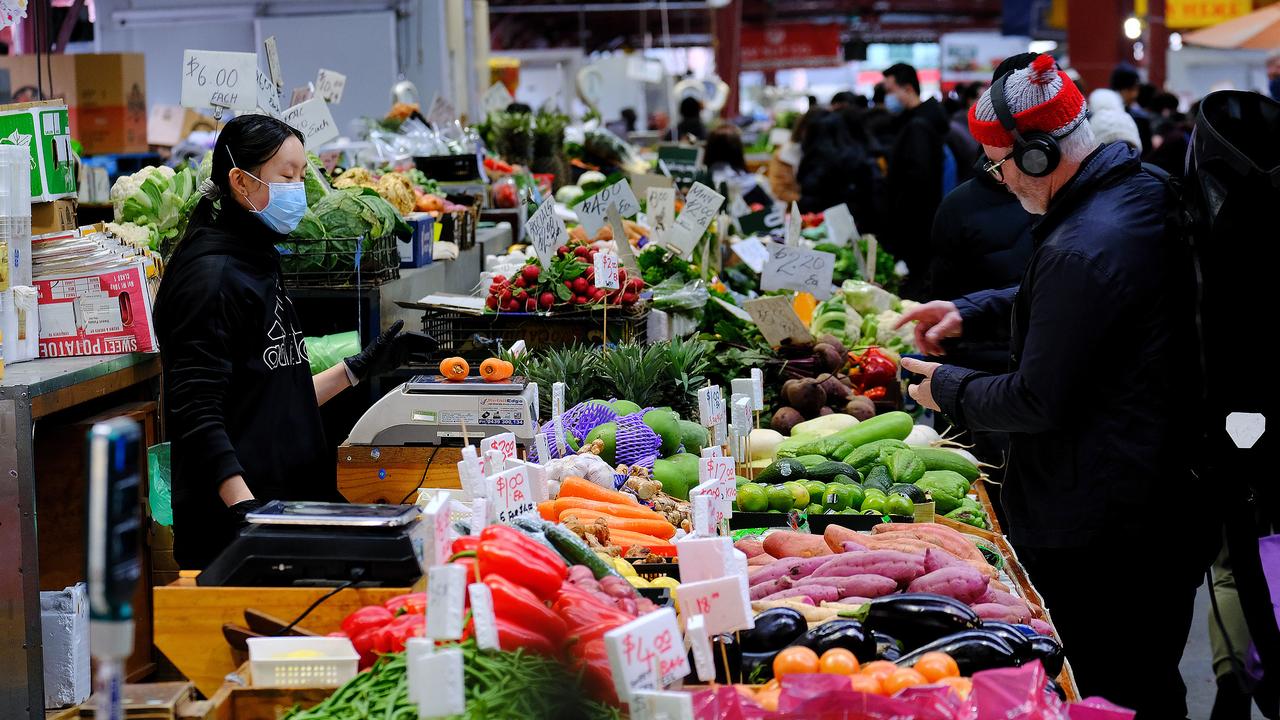
Consumers will also have to pay more at the bowser after the fuel excise was put back into place after a six-month reprieve, adding at least 22.1 cents to every litre of fuel.
Aussies are expecting to have to pay an extra $35 for petrol each week.
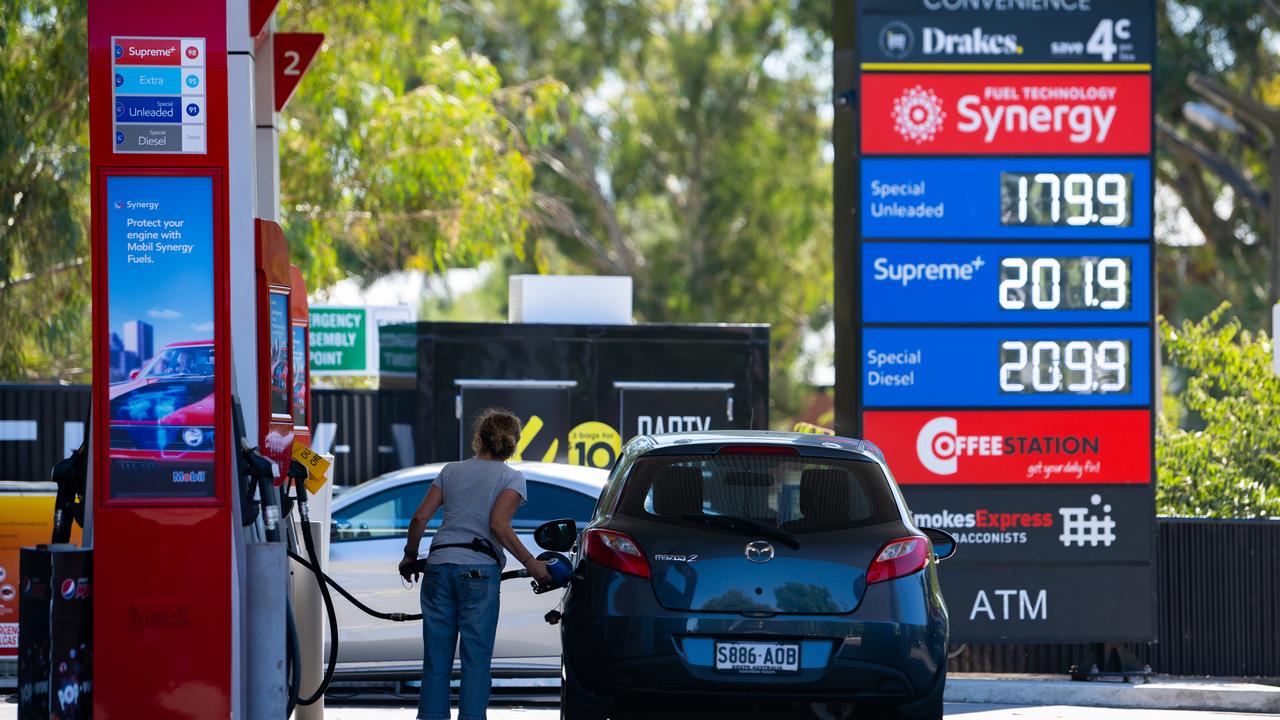
With less than 100 days until Christmas, that equates to $2040 less to spend on presents.
Despite the rising cost of living, some pressures on households are easing thanks to low levels of employment across Australia.
NAB‘s survey put consumer sentiment at 55.2 points in the September quarter, comfortably under the average of 58.6.
NAB group executive for personal banking Rachel Slade has one piece of advice when it comes to cost of living pressures during the “stressful” Christmas period.
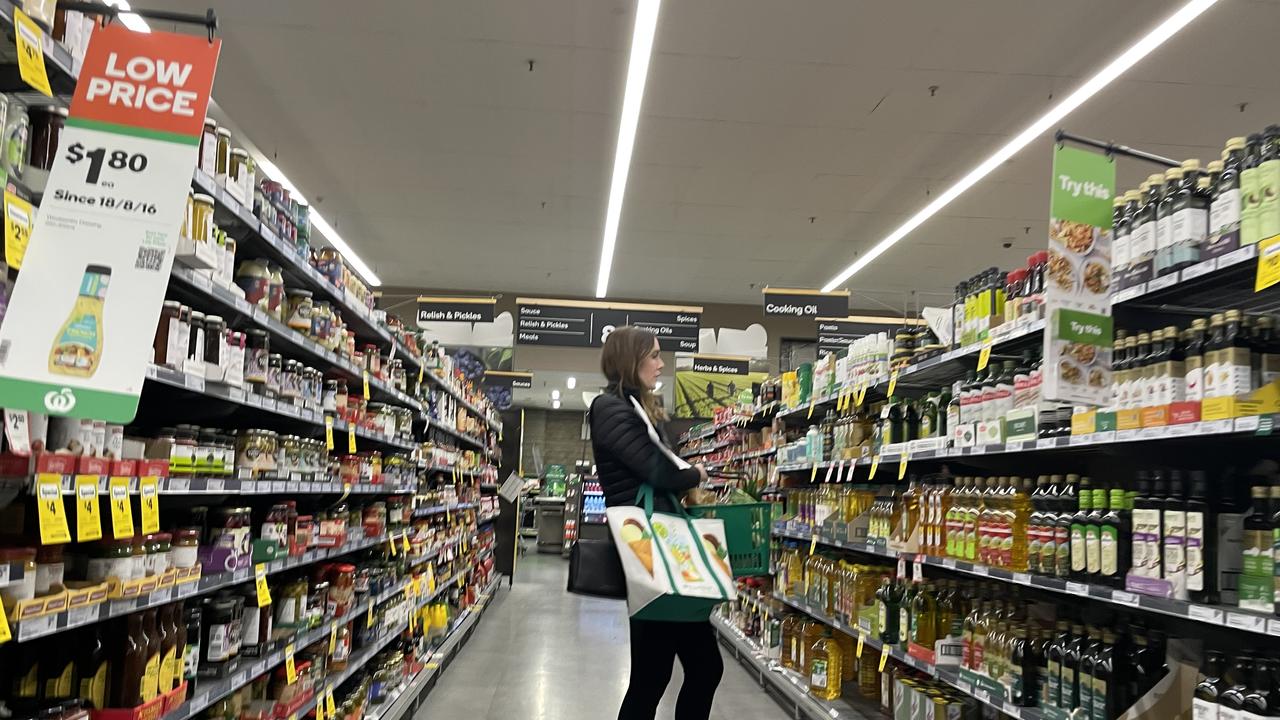
“We know that when people get in touch with us at the first signs of financial stress, we are able to help them get back on their feet sooner,“ she said.
“In fact, our records show that 90% of people who speak to NAB Assist early are back on track within 90 days.”
When it comes to combating the rise in the cost of living, one in two Australians is changing their habits to be more careful with their money.
Over 60 per cent of Australians are already choosing cheaper brands or are shopping around for better deals on products, while half have stopped ordering as much takeout.
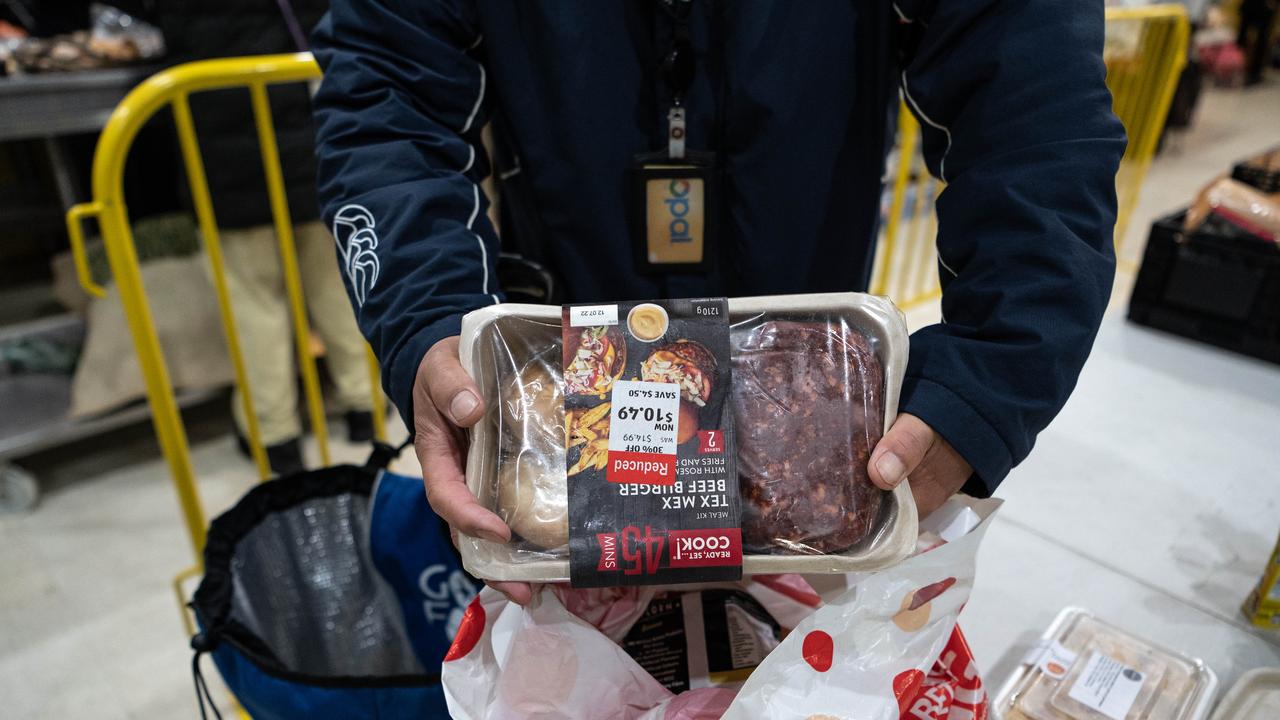
Though the country is reaping the benefits of low unemployment, there are warning signs that a downturn could be in the cards for 2023.
Treasurer Jim Chalmers says that though Australia was in a strong enough position to avoid a recession unlike many parts of the world next year, the economy “won‘t be immune” to a fall in growth.
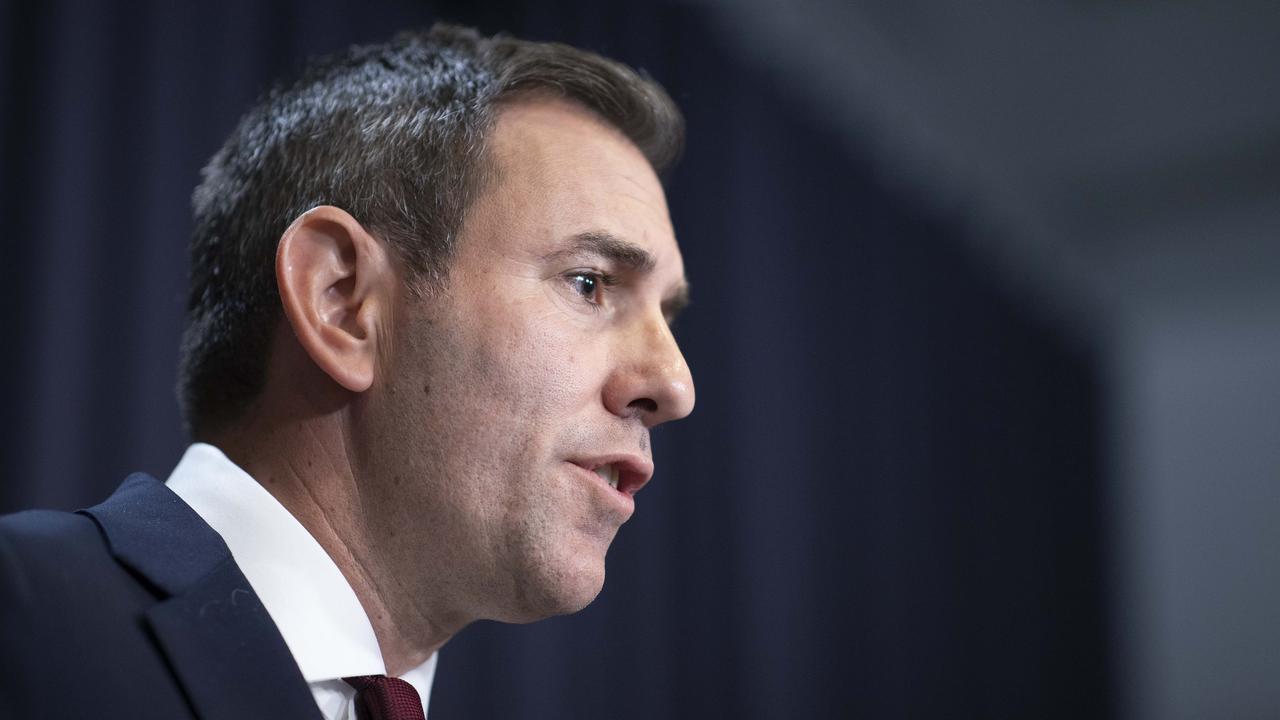
The Treasurer flagged rising energy costs as the most “problematic aspect of our inflation problem over the course of the next six or nine months”.
The October budget is unlikely to shield customers from snowballing prices without adding more to inflationary pressure, according to Chalmers.
“When it comes to support for the cost of living, we need to be extremely cautious here that any cost-of-living support that we provide isn’t counter-productive,” he said.
“We want to make sure that cost-of-living support that we provide doesn’t make the already hard job of the independent Reserve Bank even harder.”



